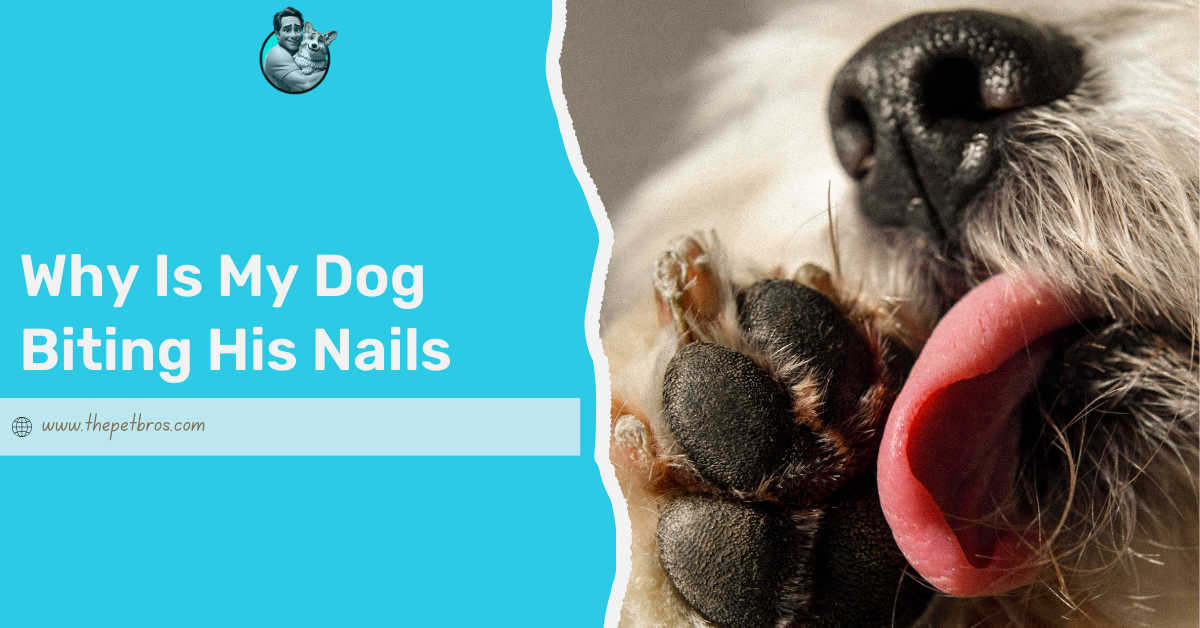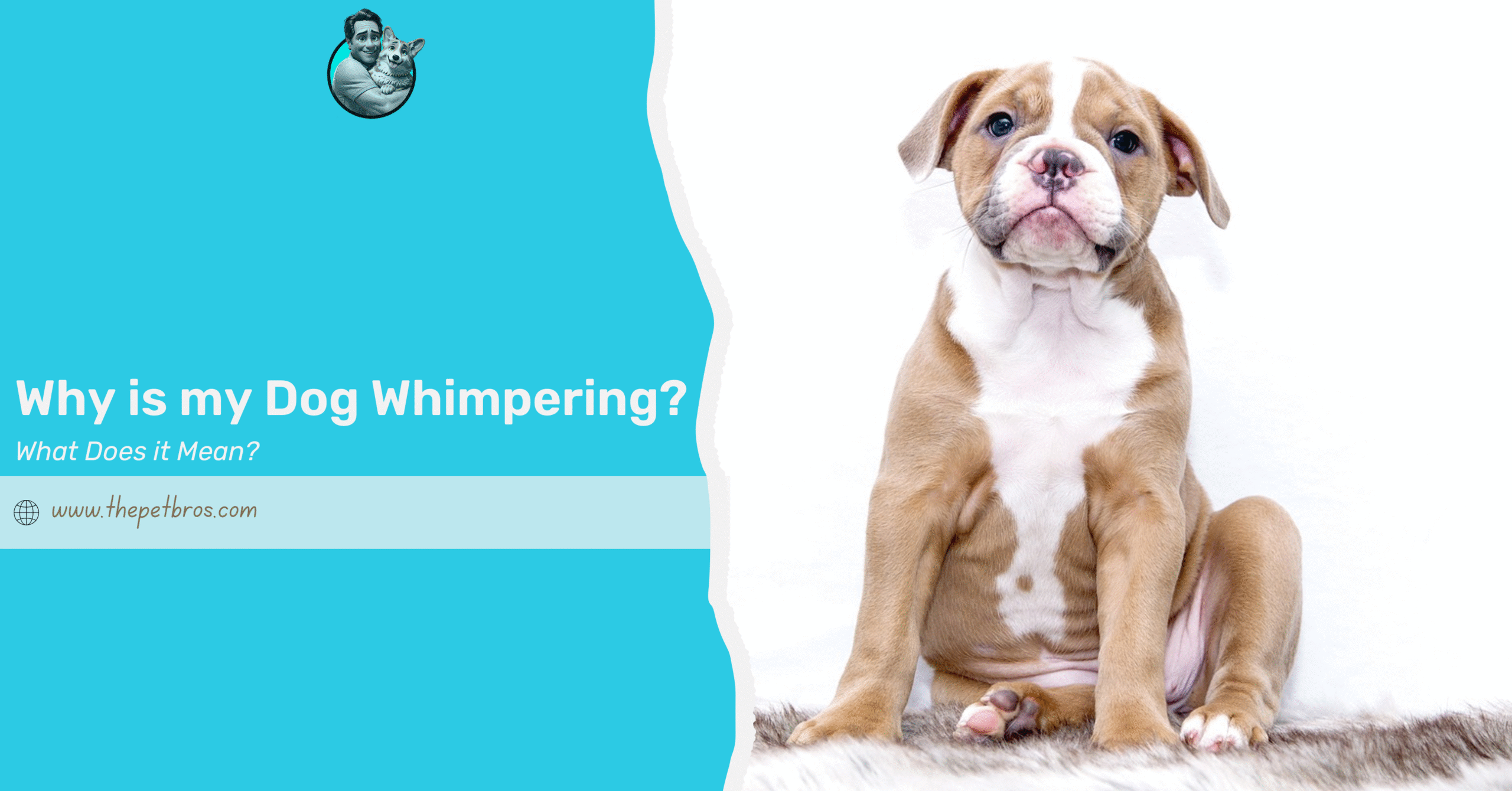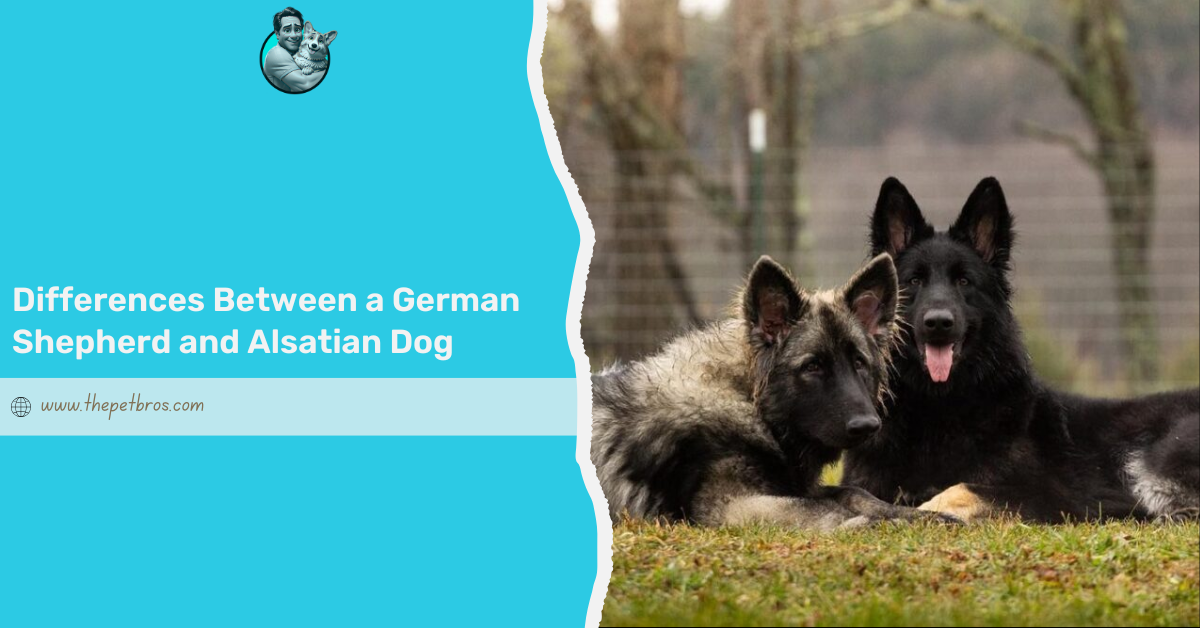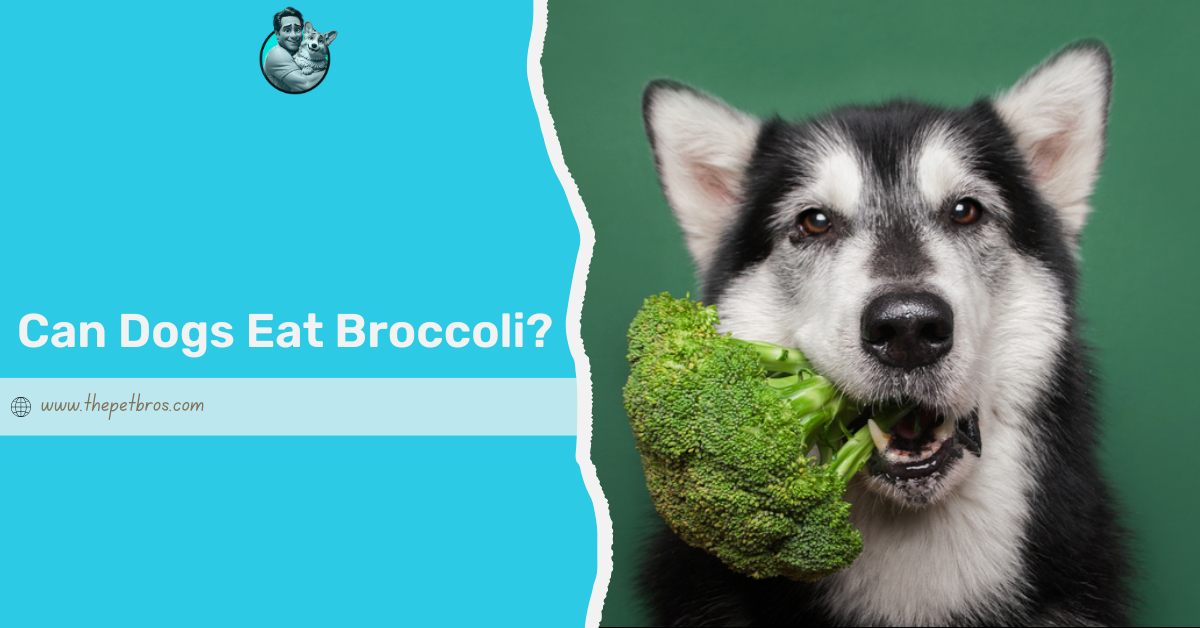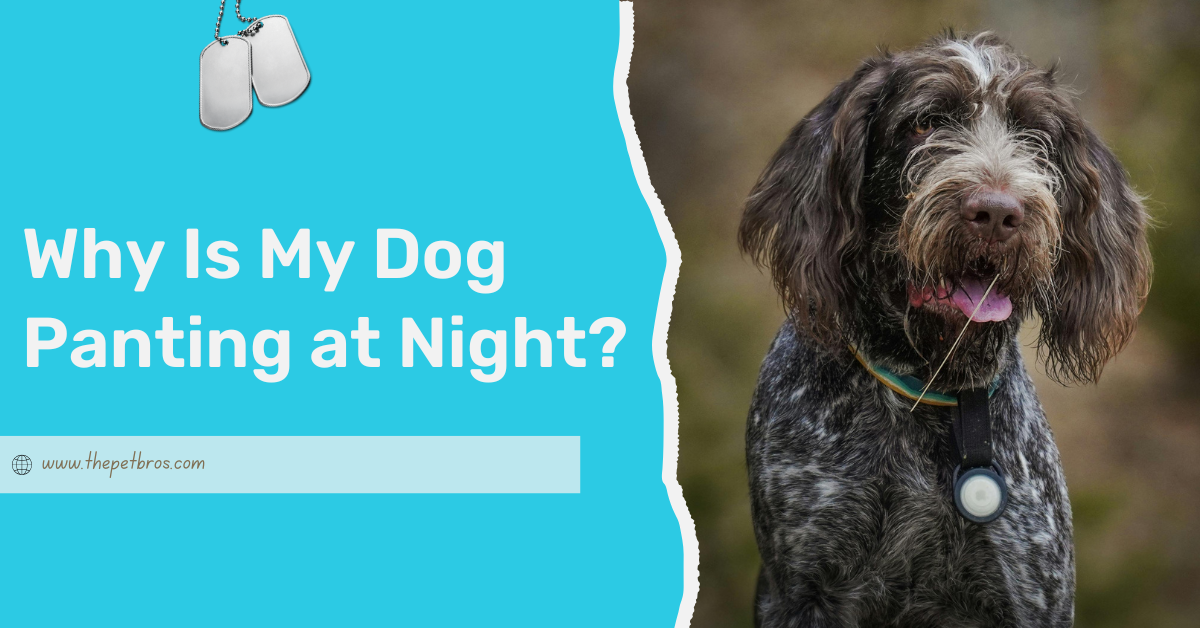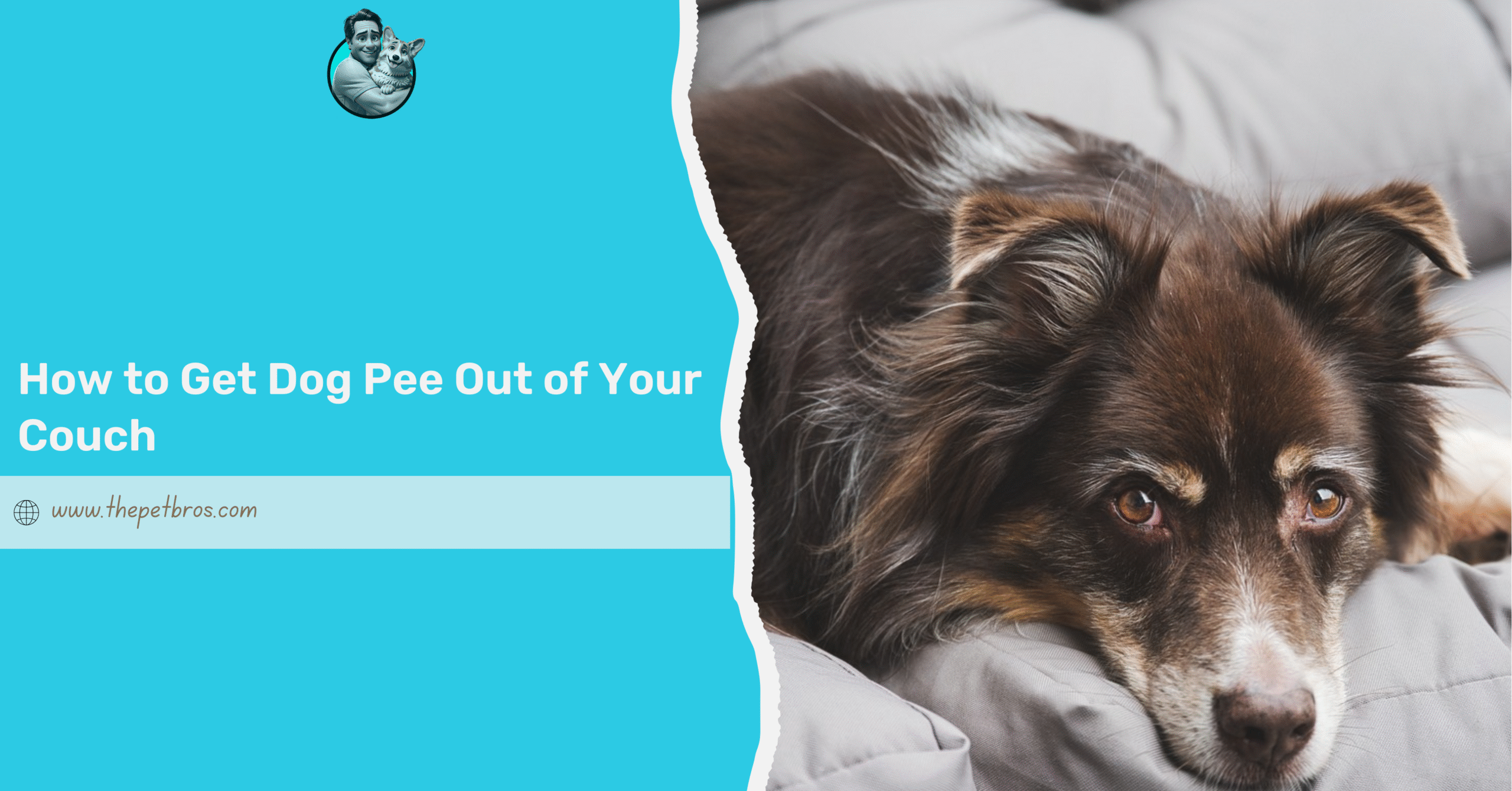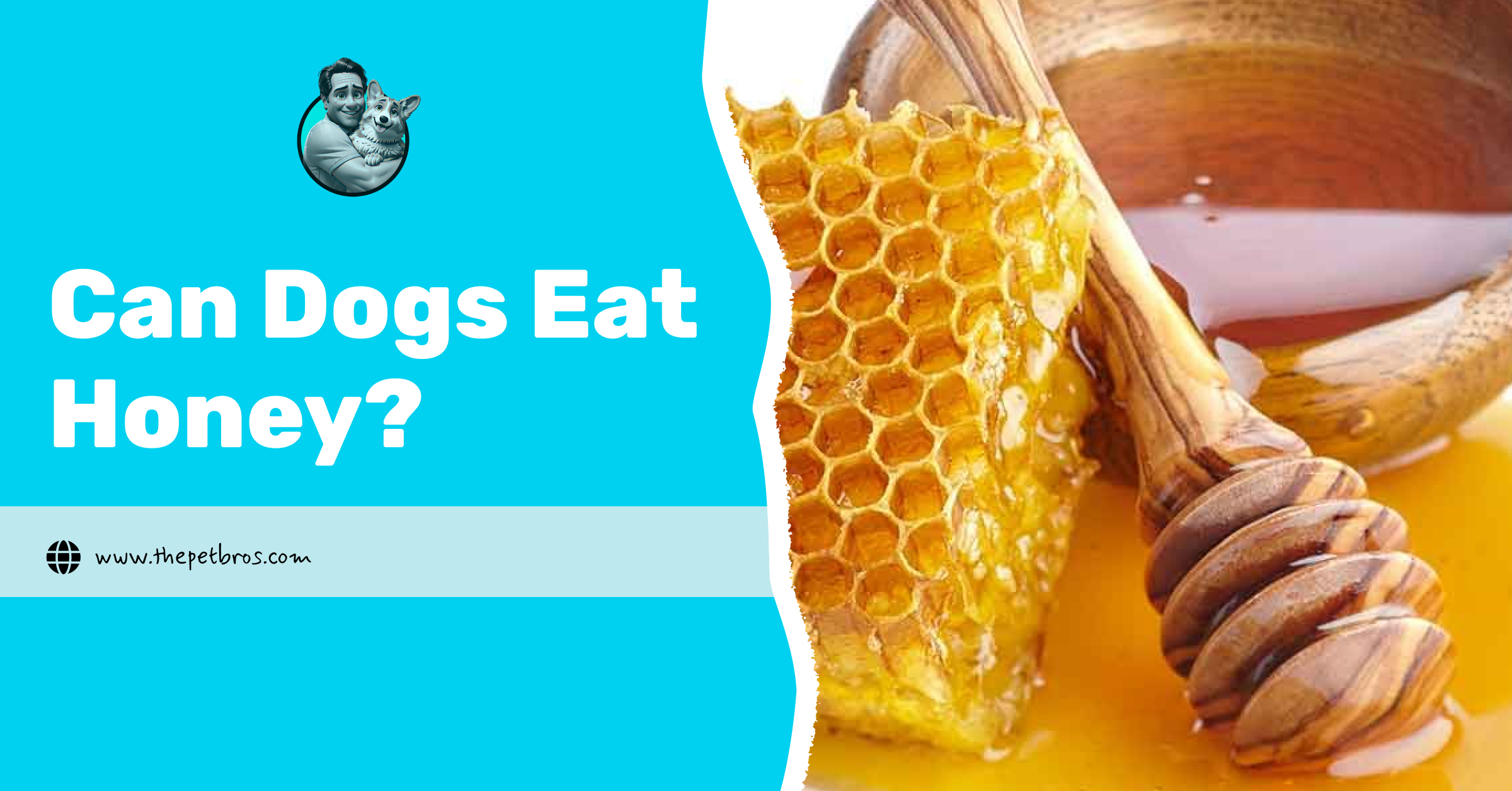You’re not alone if you’ve ever caught your dog biting his nails like a stressed-out teenager before an exam. At first, it might be mildly amusing — after all, dogs don’t have deadlines to meet or bills to pay, so what’s there to be anxious about? However, as the sound of relentless biting and chewing persists, you start to wonder: is it a quirky habit, or is something deeper at play?
This article discusses why your dog is biting its nails and the practical solutions to stop it from indulging in this habit. After all, no one wants their pet to deal with swollen paws or unnecessary stress.
So, Why Is My Dog Biting His Nails?
There are several reasons behind your dog biting its nails, ranging from medical conditions to behavioural issues. Below are a few of the reasons in detail.
1. Behavioural Disorders
Behavioural disorders, such as obsessive-compulsive disorder (OCD), can be a reason your dog is biting his nails. Although rare, OCD in dogs often arises from a combination of genetics, past trauma, or environmental stressors.
Dogs with OCD may engage in repetitive behaviours, such as nail biting, tail-chasing, or licking, even in the absence of an apparent trigger. Dogs with behavioural disorders might also show signs of heightened sensitivity to their surroundings, restlessness, or an inability to settle down. These behaviours are often worsened by boredom, anxiety, or lack of proper socialisation.
Certain breeds, like German Shepherds and Bull Terriers, may be more vulnerable to obsessive behaviours due to their high energy levels and intelligence.
Addressing behavioural disorders often requires a multifaceted approach, including providing structured routines, increasing mental and physical stimulation, and introducing calming strategies. In severe cases, consulting a veterinary behaviourist may be necessary, and they might recommend training interventions or medications to manage the condition effectively.
2. Allergies
Just like humans, dogs can suffer from allergies. Sometimes, environmental factors such as pollen, mould, or dust mites might trigger a reaction. Sometimes, the type of foods or vegetables your dog eats might be the trigger, too.
When dogs are allergic, their immune system reacts by causing irritation, often resulting in itchy skin or paws; nail biting could be your dog’s way of relieving that itch.
If you suspect allergies, look for additional symptoms like redness, excessive licking, or scratching. Irrational digging of beds and couches is another associated symptom. A vet visit is essential for identifying the specific allergen and developing a treatment plan, which may include dietary changes, medications, or allergen avoidance strategies.
3. Nail or Paw Infections
Fungal or bacterial infections in your dog’s nails or paws can lead to discomfort, prompting them to bite. These infections often arise from cuts, abrasions, or prolonged moisture exposure, such as walking in wet grass.
Signs of an infection include swelling, discolouration of the nails, an unpleasant odour, or visible pus. Infections can worsen and cause significant pain if you don’t attend to them; that’s why veterinary care is crucial. Treating infections in dogs may involve antibiotics, antifungal medications, or topical creams.
4. Overgrown Nails
When a dog’s nails grow too long, they can become uncomfortable or even painful, particularly when walking. Long nails may split or crack, which can lead to further irritation. Dogs might bite their nails to trim them down or address any discomfort caused by breakage.
Regular nail trimming is essential for maintaining your dog’s comfort and health. If you’re unsure how to do it safely, a groomer or vet can help.
5. Anxiety or Stress
Dogs are emotional creatures, and they often develop habits to cope with stress or anxiety. This includes howling at night, breathing fast while sleeping, and so on. Nail biting is not an exception. Nail biting can be a compulsive behaviour triggered by separation anxiety, fear of loud noises, or changes in their environment.
When these happen, nail biting is typically accompanied by other signs of stress, such as pacing, whining, or destructive behaviour. And sometimes, your dog might even stop socialising entirely!
Therefore, addressing the root cause of anxiety is essential, whether through training, increased exercise, or, in severe cases, anxiety-reducing medication prescribed by a vet.
6. Boredom
Dogs are intelligent and energetic animals, and when their physical or mental stimulation needs aren’t met, they may develop destructive habits like nail biting. This behaviour often starts as a way to relieve pent-up energy but can become habitual over time.
Dogs left alone for long periods, those without enough toys, or those with limited exercise opportunities are particularly prone to boredom. Nail biting caused by boredom is often accompanied by other signs, such as chewing on furniture, digging, or barking excessively. To tackle this, ensure your dog gets daily exercise, introduce puzzle toys, or enrol them in training classes to keep them engaged.
7. Parasites
Parasites such as fleas, ticks, and mites can cause severe itching and irritation, particularly around the paws, leading to nail biting as your dog tries to relieve the discomfort. Mites, especially those that cause mange, can burrow into the skin, triggering intense itching and inflammation.
Fleas often hide in the fur between a dog’s toes, causing persistent irritation. Ticks can latch onto the paw area, leading to localised pain or swelling. This is why, sometimes, apart from your dog biting his nails, you will also find the dog’s toes swollen.
If parasites are the cause, you may also notice additional signs like hair loss, red or irritated skin, or constant scratching. Regular flea and tick preventatives and prompt treatment of infestations are key to managing and preventing parasite-related nail biting.
8. Underlying Pain or Discomfort
Sometimes, your dog biting his nails is a response to underlying pain or discomfort in the paws. This might be due to a foreign object, such as a splinter, stuck between their paw pads or by injuries like cuts, bruises, or cracked nails.
More severe conditions, such as arthritis or nerve damage, can also lead to paw-related discomfort, prompting dogs to chew or bite in an attempt to self-soothe. Dogs in pain may also show other signs, such as limping, licking their paws excessively, or reluctance to walk. If the cause of the pain isn’t immediately visible, consider visiting your vet immediately for a thorough examination to diagnose and treat the issue.
9. Nutritional Deficiencies
A lack of essential nutrients like biotin, zinc, calcium, or omega-3 fatty acids can weaken a dog’s nails or cause dry, itchy skin, leading to nail biting. These deficiencies are often the result of a poor-quality diet or specific medical conditions that interfere with nutrient absorption.
Puppies and older dogs are particularly vulnerable, as their bodies require precise nutrient levels for growth and repair. In addition to nail biting, signs of nutritional deficiencies may include a dull coat, flaky skin, or lethargy. Addressing the problem involves switching to a balanced, high-quality diet and, if necessary, introducing supplements recommended by your vet.
How to Stop My Dog From Biting His Nails
Here are five practical solutions to help your dog stop biting its nails:
- Regular Nail Trimming: Prioritise keeping your dog’s nails short and neat. This reduces the chances of discomfort or splitting, which can trigger nail biting. Consult a groomer or vet for guidance if you’re unsure about trimming.
- Treat Allergies Promptly: Do you suspect allergies are the cause? Work with your vet to identify triggers and develop a treatment plan. This might include antihistamines, medicated shampoos, or dietary adjustments to manage symptoms effectively.
- Address Infections Quickly: Seek veterinary care immediately for bacterial or fungal infections. Proper treatment, such as antibiotics or antifungal medications, will alleviate the discomfort that drives your dog to bite its nails.
- Increase Physical and Mental Stimulation: Ensure your dog gets plenty of exercise and mental engagement to combat boredom or anxiety. Interactive toys, daily walks, and training sessions can redirect their energy into healthier behaviours.
- Use Parasite Preventatives: Prevent flea and tick infestations using vet-recommended parasite control products. If parasites are already present, treat them promptly to eliminate irritation around your dog’s paws.
- Provide Anxiety Relief: If anxiety is the reason behind your dog biting its nails, consider calming strategies such as creating a safe space. Also, introduce calming aids or seek advice from a behavioural expert. Severe anxiety may require medication prescribed by a vet.
There You Are!
Hopefully, you now have a clearer understanding of why your dog is biting his nails and how to address the issue. By identifying the root cause, be it allergies, boredom, or infections, and applying the appropriate solution, you can help your dog feel more comfortable and at ease.
Remember, persistent nail biting is worth discussing with your vet to ensure your furry companion’s overall well-being. Do you have any questions for us? Please leave them in the comment section.
Frequently Asked Questions
Can Nail-Biting in Dogs Cause Permanent Damage to Their Nails or Paws?
Excessive nail biting can weaken the nails, cause cracks, or even lead to infections in the nail bed or surrounding skin. Prolonged damage may result in chronic issues that require ongoing veterinary care.
Should I Be Worried If My Puppy Constantly Bites Its Nails?
If your puppies bite their nails excessively, they might be signalling a deficiency in vital nutrients such as calcium, biotin, zinc, or omega-3 fatty acids. These nutrients are essential for developing strong nails and maintaining healthy skin. Puppies have higher nutritional demands as their bodies grow and develop.
If you suspect this is the case, consult a vet to evaluate your puppy’s diet. They may recommend high-quality puppy food or supplements to ensure your pet gets the nutrients for overall health and eliminate nail biting behaviour.






